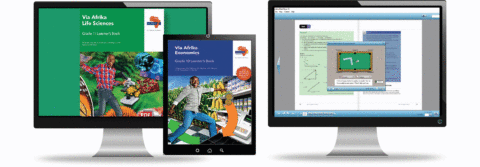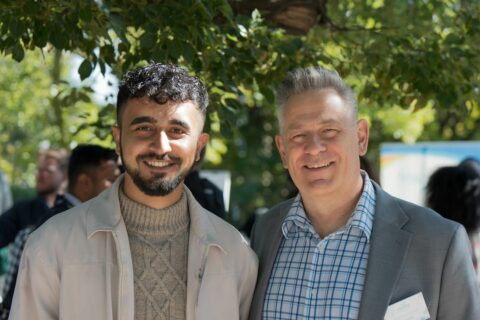Sunday Times Skills PR
Purpose Of Team Building Programmes Towards Organisational Effectiveness
In today’s competitive business landscape, organisations are seeking for more ways to ensure connection, engagement and improved performance amongst individuals and teams within the organisation, so that organisational goals are achieved. While many factors contribute to its success, the power of team building is often underestimated. Teams play a pivotal role towards enhancing a culture of performance including but not limited to organisational effectiveness. Therefore, team building activities, exercises, and initiatives are a key contributor towards high-performing teams and maximizing overall organisational performance, profitability and growth.
Below is the role and contribution of team building programs in Organisation:
- Developing Effective Communication
The importance of clear and effective communication is pivotal in the success of any team. Communication between team members come naturally at meetings and lunch hour, but team building activities as they are often outside the work environment often provide additional opportunities for team members to interact and communicate in a non-work-related tasks. Through these fun learning activities and challenges, individuals learn active listening, expressing ideas clearly, and providing constructive feedback. Improved communication enhances coordination, reduces potential conflicts, and silo mentality at work, leading to increased efficiency and better outcomes.
- Fostering Collaboration & Cooperation
We all know the importance of collaboration in accomplishing complex tasks and solving intricate problems. Through team building programs you can observe collaboration amongst different individuals and even business units that have never been imagined. This collaboration is sometimes driven by empathy when one team member is unable to meet up to the expectations of the team building activity and even offering of support and or assistance. When individuals work together towards a shared goal, they learn to appreciate each other’s strengths, leverage diverse perspectives, and combine their skills and knowledge. This collaborative environment leads to enhanced innovation, problem-solving, and creativity, ultimately resulting in outstanding team performance.
- Building Trust & Relationships
Trust is the foundation of all relationships, including high-performing teams. Team building activities create opportunities for team members to build trust and establish strong interpersonal relationships. Through shared experiences and challenges, individuals learn to rely on and support each other in the team, fostering an environment of trust, unity, and a sense of belonging. Trust enables teams to work together more effectively, take risks, and overcome challenges together, ultimately leading to better performance and outcomes. This is often evidenced by the blindfold team building activities.
- Enhancing Problem Solving & Decision- making skills
Effective problem-solving and decision-making are critical skills for teams to navigate challenges in the workplace. Team building exercises often replicate problem-solving scenarios or decision-making simulations. These activities challenge teams to think critically, analyse situations, and collectively develop solutions. By engaging in such exercises, teams develop problem-solving skills, learn to evaluate options, and make informed decisions efficiently. This improved problem-solving capacity translates into better performance when facing real-life challenges.
- Boosting Motivation & Engagement
Motivated and engaged team members are more likely to go above and beyond to achieve departmental or organisational goals largely because of their personal motivation and self-drive. Team building activities provide a break from routine work and offer enjoyable and rewarding experiences. Engaging in fun and collaborative experiences together can significantly boost team members’ motivation, morale, and overall job satisfaction, engagement and productivity levels.
- Identifying Strengths & Weaknesses
Every team member brings unique skills, talents, and expertise to the table. Effective team building activities focus on identifying and utilising individual strengths within the team. By understanding each member’s capabilities, teams can assign tasks and responsibilities better that align with individual strengths. This optimised distribution of work leads to greater efficiency, productivity, and job satisfaction. When team members are able to contribute their best, overall team performance soars, leading to success to the organization.
Not just a one-time event, team building is an ongoing process that fosters growth, collaboration, and success within organizations. By investing in team building initiatives, organisations create an environment conducive to high-performance teams.





